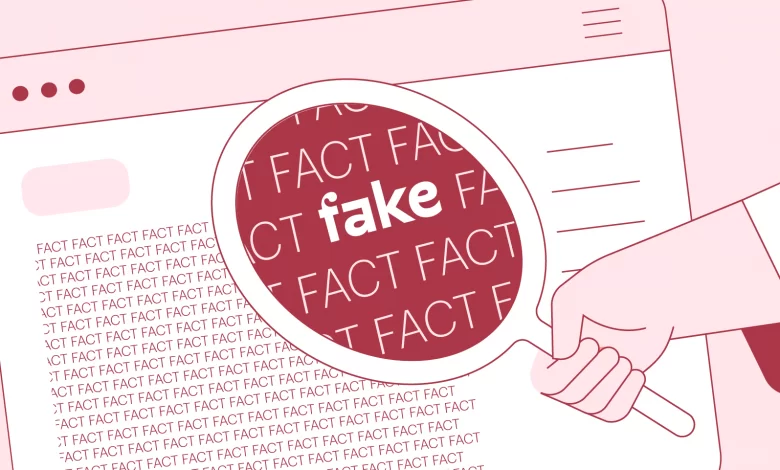
Bannu Incident: Fake News And Misinformation Amplify Chaos
Adding to the turmoil, mobile networks and the internet were shut down in Bannu, while social media services like Facebook and WhatsApp were suspended nationwide. This led social activists, using VPNs from within and outside the country, to spread misinformation in pursuit of viewers and followers. Reports of increasing deaths and injuries in Bannu flooded social media, yet no official confirmations were made.
The next day, Barrister Saif, the provincial government spokesperson, finally addressed the media, confirming only one death and a minimal number of injuries. However, by this time, misinformation had already taken a toll, deeply unsettling the public.
Why Did Misinformation Spread?Lehaz Ali, a senior journalist from Peshawar who focuses on fact-checking and misinformation, explained that the government's complete silence on the Bannu incident allowed propagandists to exploit the situation. They circulated videos and images with misleading captions, and without any official information, misinformation continued to thrive.
Also Read: ChatGPT: Revolutionizing Assignments or Stifling Creativity?
Hanifullah Jan, a veteran journalist from Bajaur, highlighted that the main reason for the spread of misinformation was the promotion of propaganda. "Most of those involved were people already engaged in anti-state propaganda. They didn't bother to verify any video or news before sharing old images and videos with different captions on social media," he said.
The Consequences of MisinformationDigital and social media have reduced reliance on traditional media like newspapers, radio, and TV, providing an alternative source of information. In this environment, where millions of users generate content, abundant information is inevitable.
However, actions taken in the digital world have real-life impacts. Journalists and politicians falsely labeled as traitors face threats to their dignity and safety, affecting not only them but also their families. Journalists must avoid reporting unverified information that could harm public health and society.
How to Avoid Misinformation and Fake News?According to Hanifullah Jan, there are seven essential steps to verify any news:
Know the source of the information. Check where the details of the news originated. Verify the credentials of the reporter and their authority. Look at the news or story date to ensure it's not outdated. Question who benefits from the information. Avoid relying solely on the headline, as it can be misleading. Understand that misinformation can cause real harm. Global Efforts to Combat Fake NewsMany countries have established fact-checking organizations to ensure the accuracy of news and eliminate misinformation. Educational programs are being developed to help people identify fake news, evaluate sources, and understand media bias. Social media companies have implemented policies to reduce the spread of false information, such as removing fake content and labeling posts that have been fact-checked. Some platforms have even banned political ads. While many countries have strict laws against fake news, Pakistan still has a long way to go.
In February 2020, the federal government of Pakistan approved a new law to control social media, requiring platforms like YouTube, Facebook, Twitter, and TikTok to open offices in Islamabad and imposing fines up to 500 million rupees for non-compliance. Despite opposition from the Senate Standing Committee on Human Rights, the federal cabinet under then-Prime Minister Imran Khan amended social media rules. However, comprehensive legislation to tackle misinformation remains unimplemented.

Legal Disclaimer:
MENAFN provides the
information “as is” without warranty of any kind. We do not accept
any responsibility or liability for the accuracy, content, images,
videos, licenses, completeness, legality, or reliability of the information
contained in this article. If you have any complaints or copyright
issues related to this article, kindly contact the provider above.


















Comments
No comment